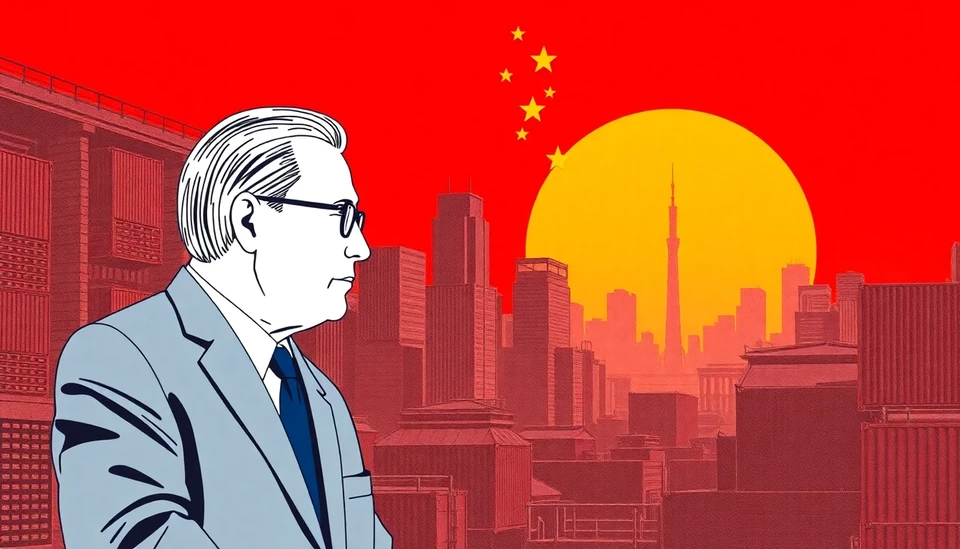
As China navigates through significant economic headwinds, its approach to managing trade relations with the United States, especially under the Trump administration’s policies, is evolving. The economic landscape in China has shifted dramatically, grappling with a combination of domestic challenges and external pressures that continue to shape its response to international trade dynamics.
China has been experiencing a slowdown in economic growth, marked by declining consumer confidence, high debt levels among corporations, and shifts in the global market landscape. This slowdown is not merely a cyclical downturn but is entrenched in structural issues that require the Chinese government to reconsider its strategies, particularly concerning its relationship with the U.S.
President Donald Trump's administration was characterized by a robust stance against China, marked by tariffs and trade barriers that aimed to alter the trade imbalance between the two nations. The U.S. adopted a hardline approach, accusing China of unfair trade practices and intellectual property theft. In light of these tensions, China has had to denounce these accusations while simultaneously seeking to bolster its own economy from the inside.
To counteract these pressures, the Chinese government has implemented various measures aimed at stimulating growth. Policies aimed at bolstering consumer spending, increasing infrastructure investment, and enhancing technological advancements are high on the agenda. Moreover, China is attempting to diversify its markets, looking towards Europe and other regions as potential avenues for economic expansion beyond the traditional reliance on U.S. markets.
Despite these efforts, the response from China suggests a balancing act; while officials publicly emphasize the need for a level playing field in international trade, they are also acutely aware of the need to stabilize and strengthen the domestic economy. This dichotomy illustrates the complexity of China's current economic landscape as it seeks to assert its global standing while facing significant domestic hurdles.
As negotiations and dialogues continue between the two powers, the outcomes are poised to be instrumental in shaping future economic conditions not only for China and the U.S. but also globally. Observers highlight that the interplay between U.S. policies and China's economic strategies will define trade relationships for years to come.
Overall, the interplay between America's tough trade posture and China's economic vulnerabilities will continue to unfold with significant consequences that merit close attention from businesses and political analysts alike.
As both nations work through their economic strategies and trade negotiations, the international community watches closely, anticipating that these dynamics will have lasting implications on global trade and economic stability.
#ChinaTradeRelations #USEconomy #TrumpAdministration #GlobalTrade #ChinaEconomy #EconomicGrowth #TradeWar
Author: Laura Mitchell




